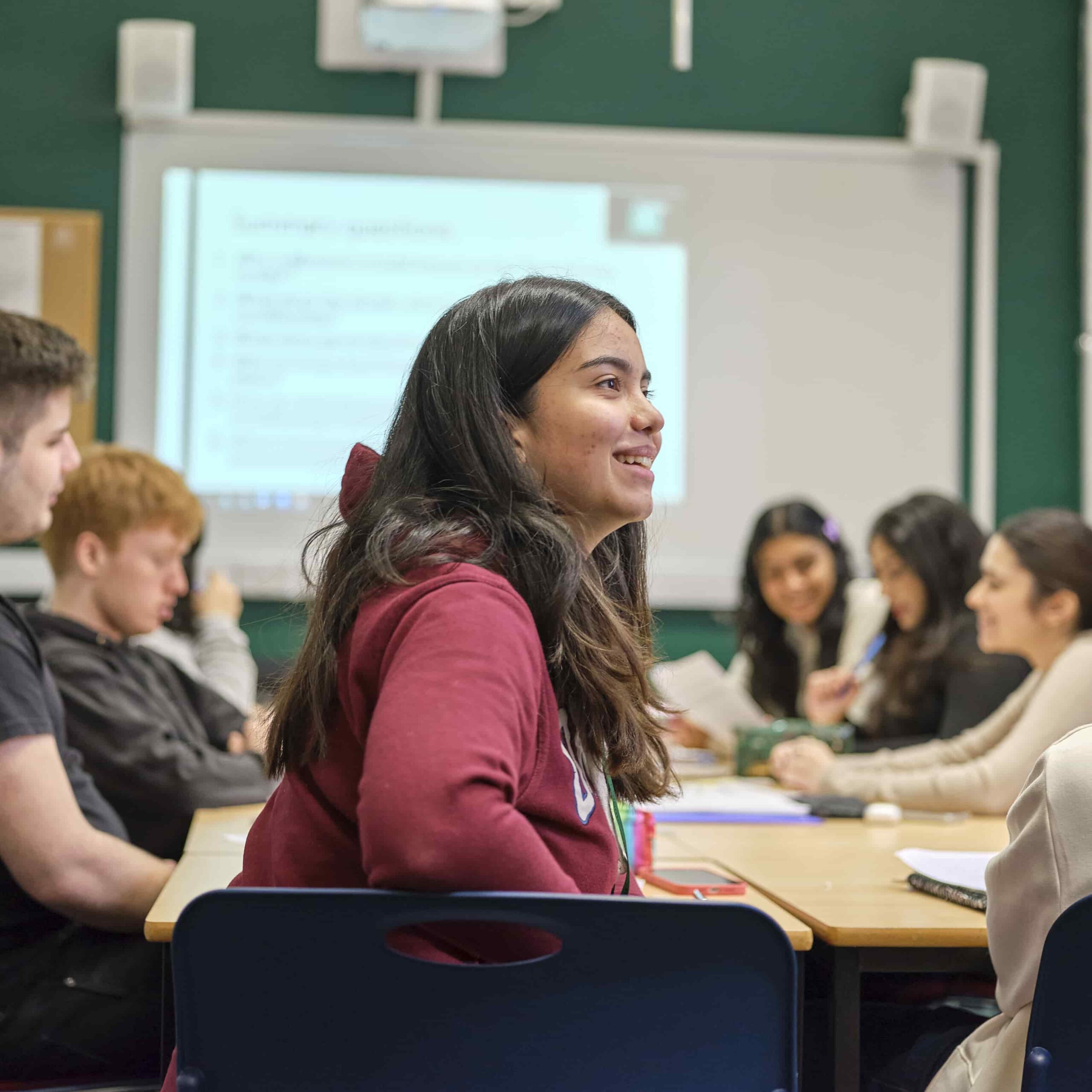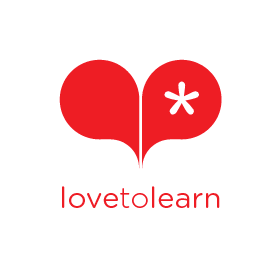A Level Sociology
What board do we use?
AQA, AS/A Level code: AS (7191) A Level (7192)
The new AS and A Levels in Sociology are now “stand-alone” qualifications. Marks gained at AS Level do not contribute in any way to the final grade at A Level.
What is Sociology?
Sociology attempts to explain and understand how societies and groups operate and change, how groups influence the individual, how meanings and interpretations “construct reality” and how social life is influenced by the unintended consequences of human action.
Sociologists challenge the taken-for-granted ideas and beliefs that are generally accepted as being true or “common knowledge”. This process can undermine prejudice and misconceptions, develop insights into behaviour, and change (or reinforce) attitudes.
When assertions of fact are made, sociologists ask, “What is the evidence?” In AS and A Level sociology, students will learn to develop a sociological imagination through examining society from a variety of perspectives that focus on social change, social order and meaning.
Which subjects combine well with Sociology?
Psychology, History, and Economics.
What opportunities can Sociology lead to?
A good grade in Sociology at A Level is valued by universities and employers since it requires the development of analytical skills and demonstrates the ability to evaluate social issues. This course also lays an appropriate foundation for further study of Sociology or related subjects in higher education.
Sociology A Level Course Structure
AS Level
AS Paper 1: 50% of the marks
Education with Methods in Context.
Candidates examine the role and purpose of education; educational achievement in relation to class, gender and ethnicity; relationships and processes within schools; educational policies, equality of opportunity, the impact of globalisation; and the application of sociological research methods to the study of education.
AS Paper 2: 50% of the marks
Research Methods (Section A).
Topics in Sociology (Section B2 – Families and Households).
Candidates examine research methods and the considerations involved; the relationship of the family to social structure, social change and state policies; changing patterns of marriage and divorce; diversity of family structures; changes within the family – gender roles and power relationships; the concept of childhood and the status of children; and demographic trends.
A Level
A Level Paper 1: 33.3% of the marks. Education with Theory and Methods
Candidates examine the role and purpose of education; educational achievement in relation to class, gender and ethnicity; relationships and processes within schools; educational policies, equality of opportunity, the impact of globalisation; and the application of sociological research methods to the study of education; theory and methods – research data, positivism, interpretivism, considerations, theories, science, value freedom, the impact of sociology on social policy.
A Level Paper 2: 33.3% of the marks. Families and Households, Beliefs in Society
(Section A) Candidates examine the relationship of the family to social structure, social change and state policies; changing patterns of marriage and divorce; diversity of family structures; changes within the family – gender roles and power relationships; the concept of childhood and the status of children; and demographic trends.
(Section B) Candidates examine theories of ideology, science and religion; the relationship between religious beliefs, social change and stability; religious organisations; social groups and religious movements; secularisation and religiosity in the contemporary global context.
A Level Paper 3: 33.3% of the marks. Crime and Deviance with Theory and Methods
Candidates examine theories of crime, deviance, order and control; the social distribution, patterns and trends of crime and deviance; globalisation and crime, green crime, human rights and state crimes; crime control and prevention; theory, methods and the study of crime and deviance.
Application process
Apply
Complete our Application form and Medical and SEN declaration form, and send it to us with a copy of your passport and certificates/transcripts of your academic results.
Interview
If you meet the entry requirements, we’ll invite you for an interview so we can learn more about you, your goals, and your potential, and you can meet us and learn more about studying at LILA* College.
Welcome to the family!
We’ll offer you a place or let you know why your application was unsuccessful within two working days. Once you’ve accepted the offer and paid your deposit, we’ll start the visa sponsorship process (if applicable) and get ready to welcome you!
Explore more A Levels available at LILA* College…
These are popular A Level subjects to combine with A Level Sociology:

LILA* College marries the expertise of London’s David Game College in order to deliver an outstanding level of education for students enrolled on our A Level Programmes.










